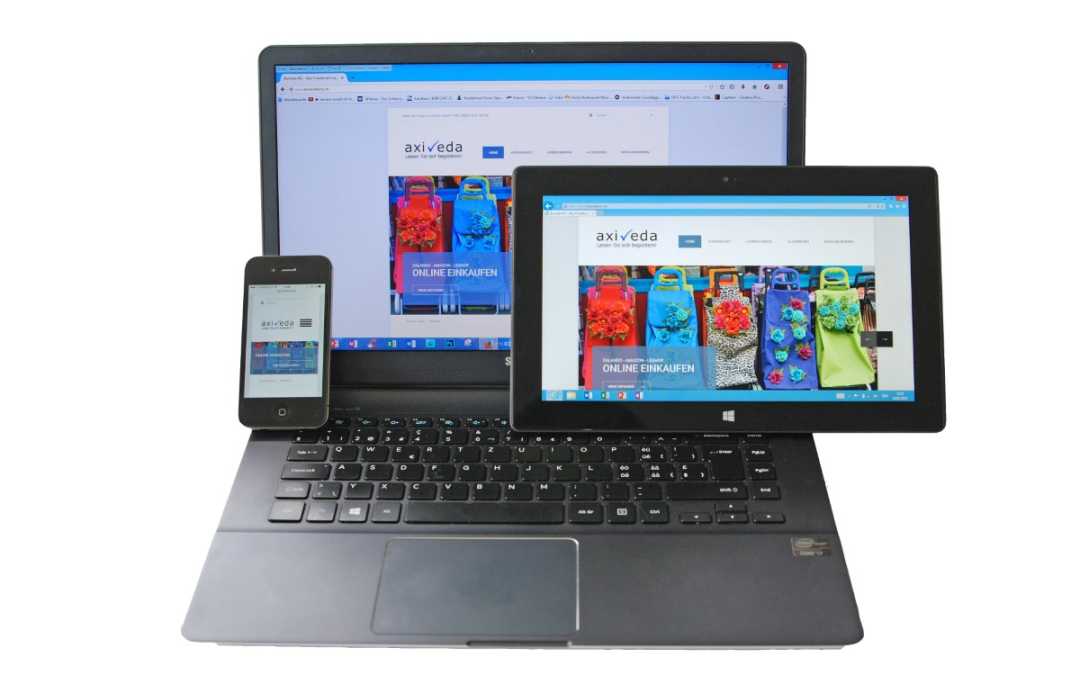Best Frameworks for Cross-Platform Mobile App Development
In today’s fast-paced digital world, mobile app development has become a crucial aspect for businesses to reach a wider audience. Cross-platform mobile app development frameworks have gained popularity due to their ability to write code once and deploy it across multiple platforms. This not only saves time and resources but also ensures consistency in the user experience. Here are some of the best frameworks for cross-platform mobile app development:
1. React Native
React Native, developed by Facebook, is one of the most popular frameworks for building cross-platform mobile apps. It allows developers to write code in JavaScript and use the same codebase for both iOS and Android platforms. React Native provides a native-like performance and user experience, making it a preferred choice for many developers. Additionally, it has a strong community support and a vast number of third-party libraries that can be easily integrated into the app.
2. Flutter
Flutter, developed by Google, is another powerful framework for building cross-platform mobile apps. It uses the Dart programming language and provides a rich set of customizable widgets that help in creating visually appealing and responsive apps. Flutter’s hot reload feature allows developers to see the changes in real-time, making the development process faster and more efficient. With Flutter, developers can build high-performance apps with a single codebase for both iOS and Android platforms.
3. Xamarin
Xamarin, now a part of Microsoft, is a popular framework for building cross-platform mobile apps using C# and .NET. It allows developers to share a significant amount of code across different platforms, resulting in faster development cycles and reduced time-to-market. Xamarin provides access to native APIs and platform-specific features, giving developers the flexibility to create highly customized apps. With Xamarin, developers can build apps for iOS, Android, and Windows platforms using a single codebase.
4. Ionic
Ionic is an open-source framework for building cross-platform mobile apps using web technologies such as HTML, CSS, and JavaScript. It provides a set of pre-built UI components and themes that help in creating visually appealing apps with a native-like look and feel. Ionic is built on top of Angular, a popular JavaScript framework, which makes it easy for developers familiar with web development to get started with mobile app development. With Ionic, developers can build apps for iOS, Android, and the web using a single codebase.
5. PhoneGap
PhoneGap, now known as Apache Cordova, is a framework that allows developers to build cross-platform mobile apps using web technologies. It provides a set of APIs that give access to device features such as camera, geolocation, and contacts. PhoneGap wraps the web app in a native container, allowing it to be deployed as a regular mobile app on different platforms. With PhoneGap, developers can build apps for iOS, Android, and Windows platforms using familiar web technologies.
In conclusion, choosing the right framework for cross-platform mobile app development depends on various factors such as the project requirements, developer expertise, and target audience. Each framework has its own strengths and weaknesses, so it is essential to evaluate them based on your specific needs before making a decision. With the right framework, developers can build high-quality, feature-rich mobile apps that run seamlessly across different platforms.


